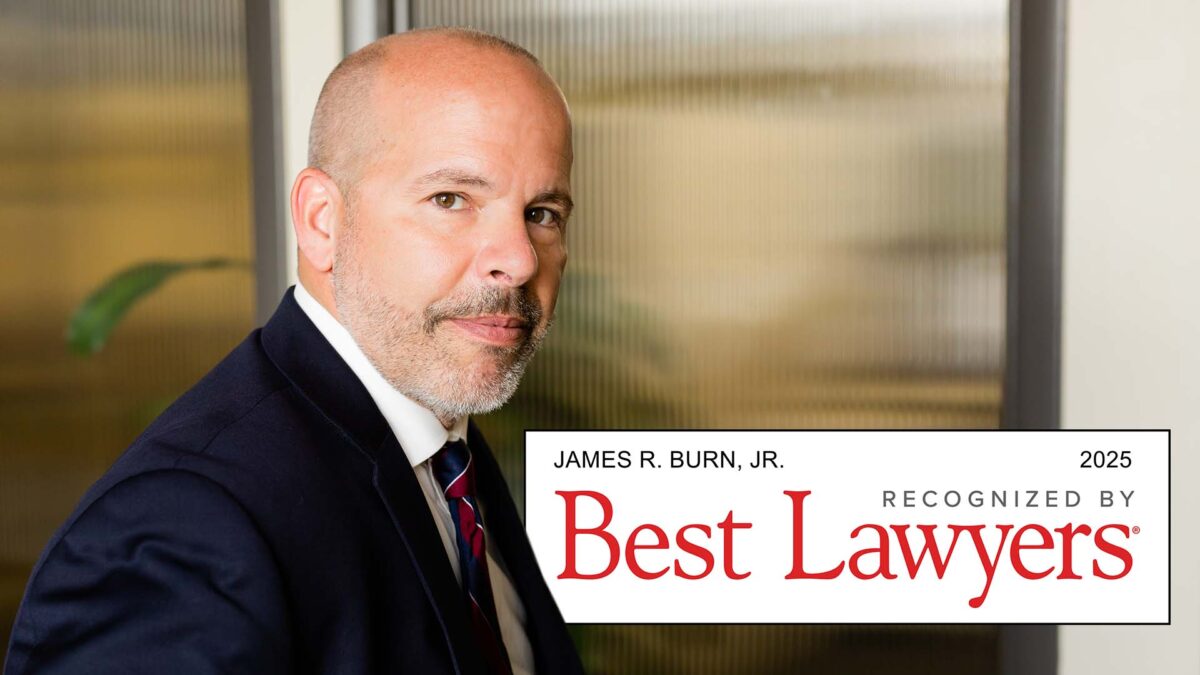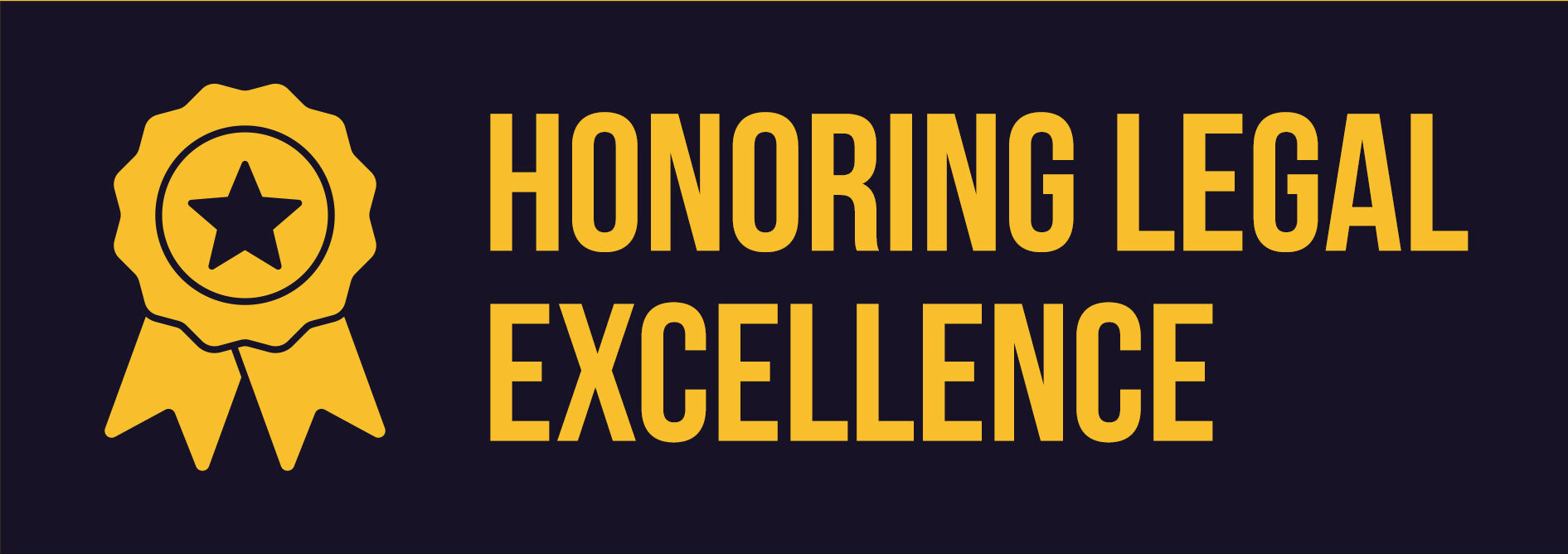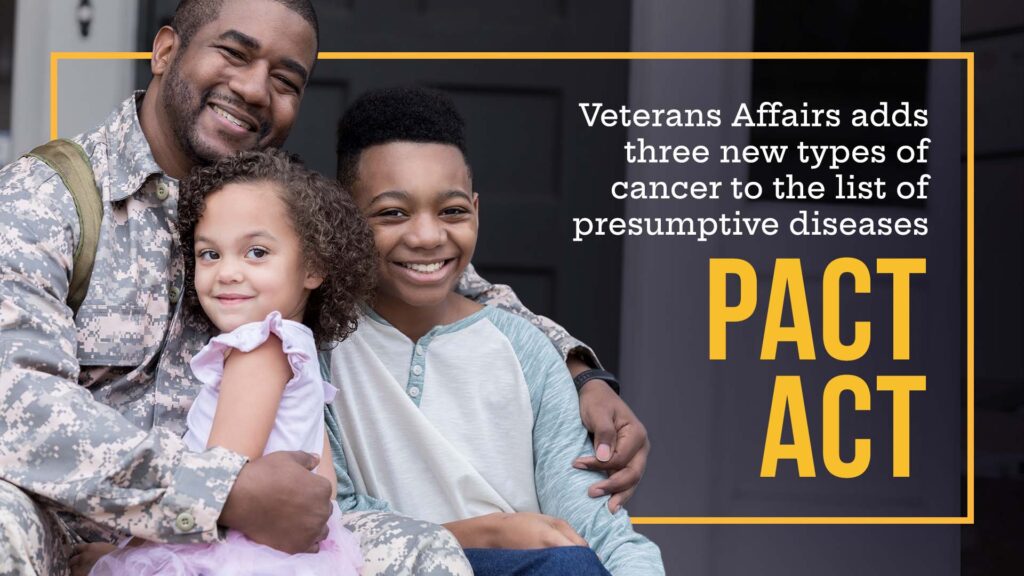Abes Baumann Celebrates Jim Burn: The Best Lawyers in America® Recognition
Abes Baumann is proud to announce that Jim Burn has been recognized in the 2025 edition of The Best Lawyers in America®, a benchmark for legal integrity and distinction. This prestigious honor is a testament to Burn’s exceptional expertise and advocacy, and his unwavering commitment to serving clients with the highest standards of legal representation.

The Best Lawyers in America showcases the most distinguished attorneys across various practice areas in the United States. Those recognized, representing less than six percent of attorneys across the country, were selected from among 116,000 vetted nominees.
Burn, who practices Veterans, Workers’ Compensation and Social Security law, has always sought to serve his community in a variety of ways, including as mayor of the Borough of Millvale and as an Allegheny County Council Member.
“We are incredibly proud to have Jim as part of our team,” said partner Thomas Baumann. “His inclusion in The Best Lawyers of America underscores his deep understanding of these complex areas of law and his commitment to achieving positive outcomes for our clients.”
Doug Williams and Thomas Baumann were also recognized in The Best Lawyers in America, with Baumann named the Best Lawyers 2025 Workers’ Compensation “Lawyer of the Year” in Pittsburgh, receiving the highest votes from his peers.
The rankings are meticulously compiled based on a rigorous evaluation process that includes client feedback, peer reviews, industry leader interviews and detailed analysis of law firm data.




